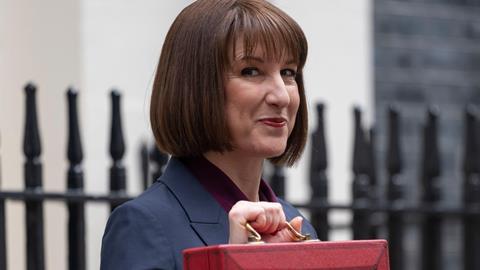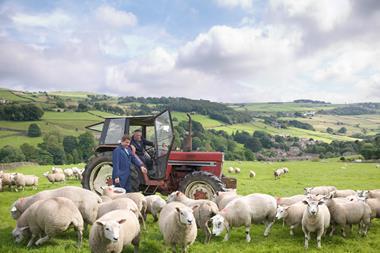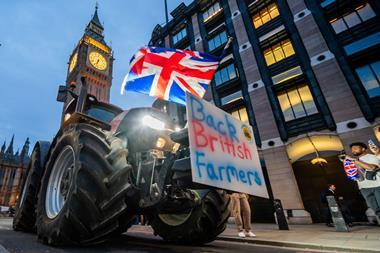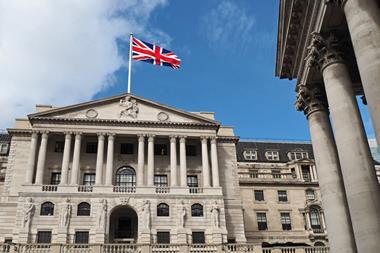You don’t need to be an economist to realise that this week’s budget will perpetuate food price inflation. Increasing the minimum wage by almost three times the rate of inflation, hiking national insurance costs for employers and introducing punchy new employee regulations will come at a cost for supermarkets, convenience stores, fast food chains and suppliers. And inevitably they will look to pass those costs on. If they can.
Up to a point, the chancellor has recognised this. The Treasury has calculated that inflation will go up from 2.5% to 2.6% next year before returning to the long term target of 2% in 2029. But even that seems hopeful. Certainly the Bank of England completely underestimated the impact food price inflation was having, even before the war in Ukraine broke out. And as we know cost increases quickly drop to the bottom line so any lag costs millions. Its forecast also assumes there are no further shocks or further tax grabs.
More on The Budget:
-
Hospitality hit with £1.9bn bill and further ‘collateral damage’ from budget
-
Your reactions to the new government’s £40bn tax-raising budget
-
Wholesale sector to face over £110m in extra costs from new budget
-
‘Shafted’ farmers dismayed by budget tax hikes warn of price increases
By common consent public services have been cut to the bone. So the chancellor’s tax raid is not unmerited. Especially if the funds are channeled in the right way. But assumption that food and drink will have to suck it up or pass it on is dangerous. In many areas retail has undergone a similar filleting to public services. On the retail side much of the theatre has been ripped out and staff costs have been slashed. And on the supplier side, as this week’s report on the UK’s Top 150 Food & Drink suppliers shows, investment has slumped to protect margins, with an uptick in M&A activity ahead of the budget’s capital gains tax changes another reminder of how tax impacts decision making.
The minimum wage hikes have another angle too. The price of labour has been rising for over five years now, so businesses must find productivity gains. A higher minimum wage only fuels this need. But those productivity gains are also the engine of the government’s growth mission. So where are they supposed to come from? With profits set to be squeezed again by NI hikes, it will leave many questioning how they’re supposed to make bigger gains from less cash.




















No comments yet